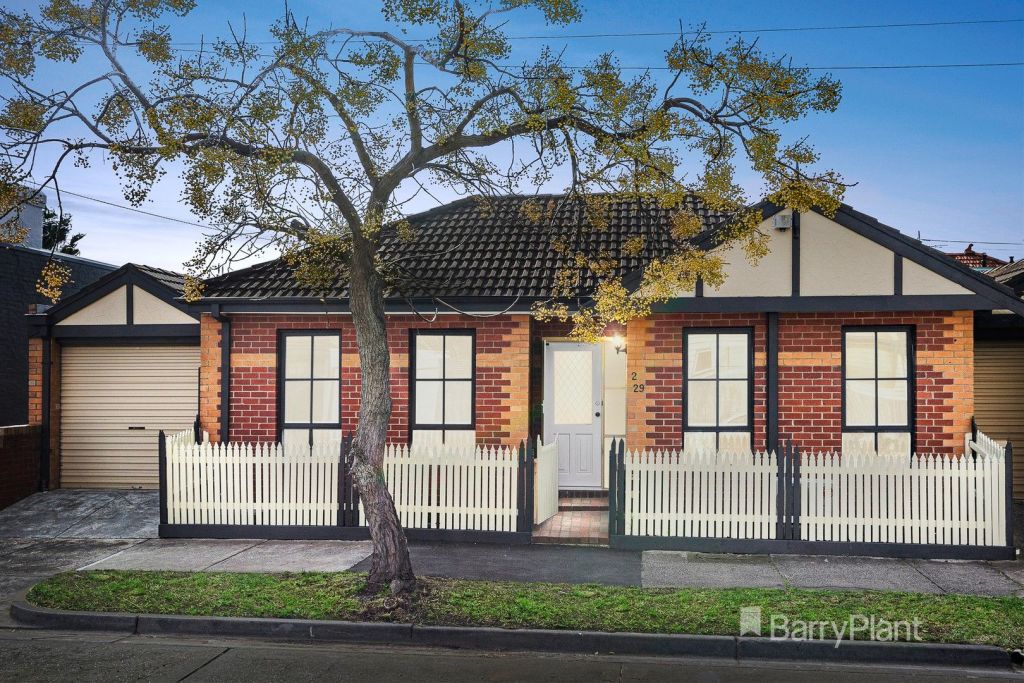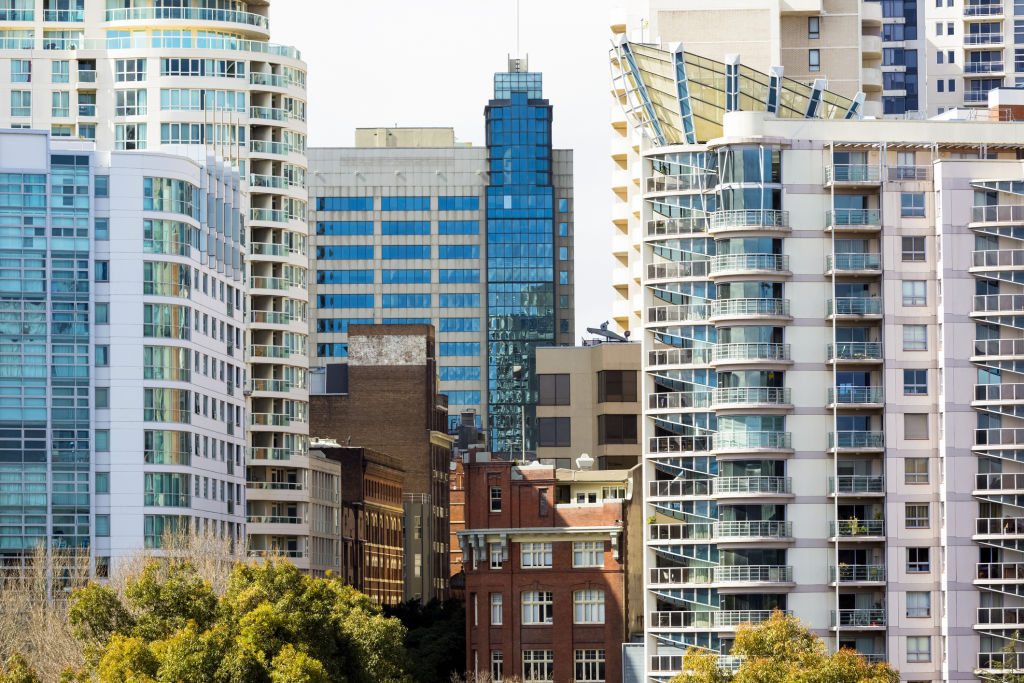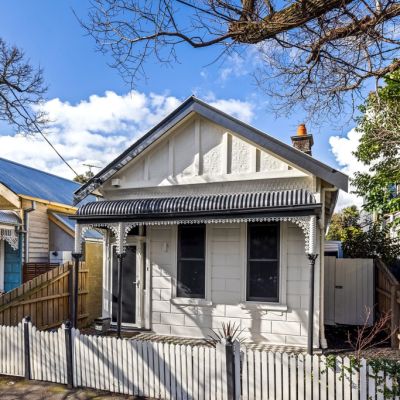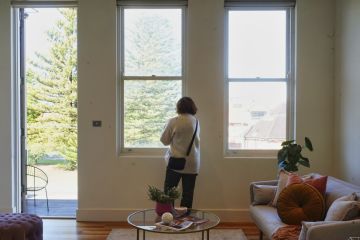Property investors return to the market despite price growth outpacing rents, data shows

Property investors are piling back into the housing market as prices boom, even though rents have not kept pace, new analysis shows.
Investors have been chasing the prospect of future capital growth, encouraged by stunning gains so far this year, and are hoping the worst is over for the rental market.
The disconnect is stark in the two largest capital cities. Sydney house prices soared 8.2 per cent in just the three months to June, while rent prices were flat, Domain figures show, amid a wave of owner-occupier upgraders looking to buy bigger houses during the pandemic.
Sydney unit prices gained 3.2 per cent in the June quarter while unit rents were unchanged.
In the Sydney CBD, which was hit hard by the loss of international students when the border closed last year, unit prices have risen 8.5 per cent from a year ago, as against an 11.8 per cent fall in CBD unit rents.
The Melbourne figures paint a similar picture: house prices this quarter (up 4.1 per cent) have outstripped house rents (flat), while unit prices (up 0.8 per cent) outpaced unit rents (down 2.7 per cent).
In the embattled Melbourne CBD, unit prices are just 1.4 per cent lower than a year ago, holding their ground compared to unit rents, which have plunged 24 per cent.
The lacklustre overall picture for rents has not deterred property investors, with loans to investors doubling over the past year, according to ABS figures released this week. And in other capital cities and regional areas, rental markets are extremely tight with few homes available and upward pressure on prices.
“Investors are very much driven by expectations of capital growth, and those expectations are often formed by what’s happened over the last year,” AMP Capital chief economist Shane Oliver said.
“As we’ve seen property prices surge over the last 12 months, that’s popped up on investors’ radars and they’ve thought, ‘Maybe we should get in here again.’”
The latest boom has been largely driven by owner-occupiers, armed with ultra-low interest rates and looking to upgrade to more spacious residences after spending more time at home than ever, but price growth has seen the mix of buyers change.
Even though rental prices have lagged, Dr Oliver noted a decline in vacancy rates since the hit to international migration, meaning investors may think the worst is over for rents.

But there is a risk that some investors buying now may have missed the boat, after prices soared from their September 2020 lows.
“It’s often the way. Investors respond with a bit of a lag because they form expectations based on recent past price growth,” he said. “The likelihood is price gains will slow further from here – they already have.”
A rise in investors will be in focus for the Reserve Bank and the bank regulator, the Australian Prudential Regulation Authority.
“The regulators often see investor activity as a sign the market has become more speculative,” Dr Oliver said. “They’re probably not there yet – investor finance has picked up from a low base … some of the other metrics aren’t as worrying as in the past.”
Buyer’s agent Greville Pabst said investors were seeking capital growth and were encouraged by the federal opposition’s decision to scrap a policy that would have curbed tax breaks for policy investors.
Outside Sydney and Melbourne, rental markets were much tighter with an undersupply of rental accommodation emerging, the executive chairman of WBP Group said.
But in Melbourne, for example, the market was uneven with some properties in high demand from renters, and detached houses now leasing within days.
Investors were chasing specific types of property with more attractive prospects, Mr Pabst said, such as villa units or low-density, older-style flats with a balcony or a courtyard.
“For investors, they’re getting … capital growth at the moment if they select correctly, and there’s rentals [that] are also rising,” he said. “Not all property is performing the same.”
Investors buying now are also mindful that once the international border reopens, demand for rentals is likely to rise, he added.
Buyer’s agent Wendy Chamberlain said it was now easier for investors to get home loans compared to the lending crackdown in 2018 and 2019 sparked by worries about high levels of speculative buying and interest-only loans.
“Banks have become a little more lenient,” she said. “They have recently changed those policies so investors are starting to get back into the market because they’re able to get loans again.”
Buyers were not keen on large apartment blocks that could be plunged into lockdown if a coronavirus case visited, Ms Chamberlain said.
“The older-style apartments still do well over time,” she said. “You might have six in a block or eight in a block; they might have separate entrances.”
We recommend
States
Capital Cities
Capital Cities - Rentals
Popular Areas
Allhomes
More








